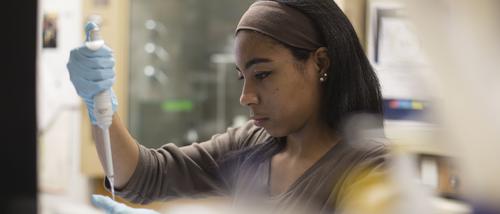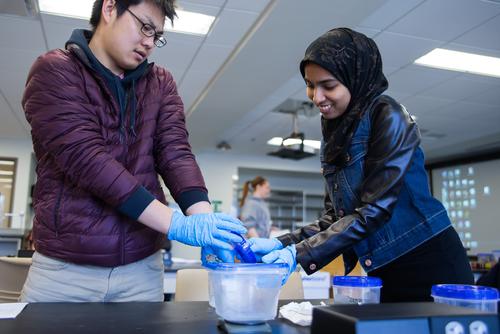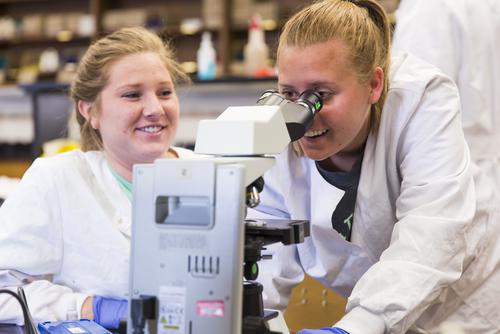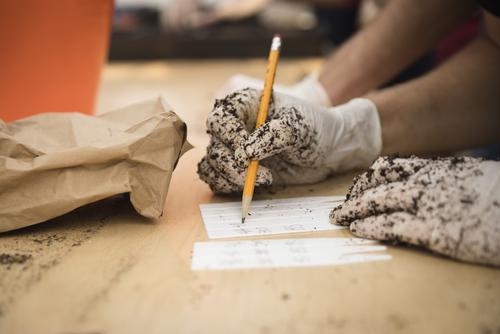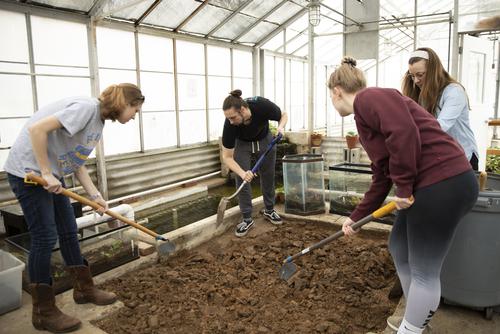At Southeast Missouri State University, we cover every aspect of life at every level.
Academic Programs
Biological and Environmental Sciences are your passport to understanding the human body, genetics, evolution, and the environment. It's a gateway to fascinating topics like DNA, ecosystems, animal behavior, and even cutting-edge biotechnology that's changing the world.
Course Rotations
Do you want to check to make sure your class is offered in the semester that you need it? Or perhaps you want to plan your schedule for the next year or two. Check the course rotation schedule to get an idea of when the courses you need are offered.
About the Department of Biological and Environmental Sciences
-
Experiential Learning
Students receive hands-on experience in the Department of Biological and Environmental Sciences. Through experiential learning, we believe the best way to understand the textbooks is by practicing first-hand. -
Area Natural Resources
Southeast Missouri State University is located at the head of the Mississippi River Delta, and the area boasts numerous natural resources for students to learn from. Located just one mile from the Mississippi River, the University can offer a unique setting for aquatic studies. Upland, our students work with conservation personnel to study and maintain Missouri natural resources and the Shawnee National Forest, the most northern Bald Cypress swamp, lies just across the Mississippi. -
Facilities and Learning Opportunities
Students find on-campus facilities such as state-of-the-art labs and classrooms. Southeast has an animal room, the Center for Environmental Analysis, greenhouses, the Center for Aquatic Studies, and a unique collaboration with the Gulf Coast Research Laboratory (GCRL). SEMO is also home to a herbarium.
Start a Seamless Pathway to Medical School
Southeast Missouri State University and the Lake Erie College of Osteopathic Medicine have partnered to provide SEMO students with a seamless transition to medical school. Are you exploring osteopathic medicine, pharmacy, dental medicine, or podiatric medicine? This pathway gets you on track for success.
Med School Partnerships
Are you a pre-med or pre-vet student? Continue your education after SEMO at St. George’s University in Grenada. If you are part of our program and meet the requirements, you receive direct entry into SGU's accredited four-year programs for Veterinary Medicine or Doctor of Medicine -- no competition for spots necessary. Intrigued?
Expert Faculty
Our expert faculty work closely with students to achieve their academic goals. With small class sizes, students receive hands-on, experiential learning tactics in real-world situations. Our faculty care deeply about the success of their students, and our departmental learning outcomes are as impressive as the professors themselves.
Happening in Biological and Environmental Sciences
Take the Next Step
Cape Girardeau, Missouri 63701
